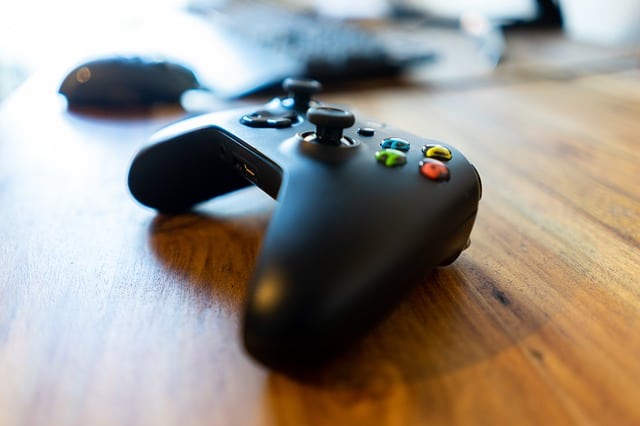
How much screen time is too much? How many games consoles constitute too many? These are questions that I consider regularly; given that screens were fewer in number when I was a child, I have to teach myself a whole new language about technology.
A while ago, Bryan was taking part in a discussion at school, and it turned out that he is the only person in his class without a games console. I was surprised; in a class of 27 or 28 children, all but one have a piece of tech for game play.
I’m not against consoles; there are a lot of interesting games out there. Bryan plays games occasionally on his tablet, and there’s a lot of hand-eye coordination type games – as well as ones centred on maths, English, etc, but are also genuine fun. We play them together from time to time, but he has never been overly bothered by – or interested in – computer games.
I asked Bryan if he felt like he was missing out, but he didn’t seem phased; he has gone to a couple of birthday parties where computer games were the centre of attention – but he didn’t then come home and desperately ask for loads of games and immediate connection to the internet so he can multi-play with strangers and friends.
Some games and websites bother me – Fortnite and TikTok, for example – but there are a lot of interesting things. During the first lockdown, we found a lot of really interesting channels on Youtube that Bryan still adores now; Dr Binocs, Operation Ouch, art channels galore, musical channels that teach and are fun at the same time – and like I said, we found some games that he loved playing.
I’ll be happy giving Bryan a mobile phone when he goes to secondary school; he’ll want some independence, and that device gives us some security. Technology gives us some extra protection and safety, and not everything is all good or all bad; if Youtube has a lot of good channels, then so does TikTok.
My intention with Bryan is to try and teach how to decide what’s good and what’s bad; to learn how to differentiate between content that’s fun and content that’s damaging. He’s not going to get it right every time now (he’s 10) and neither am I (I’m only 39), but I’m grateful he is open to trying new things. He needs to feel trusted, and I want to be able to trust him as he grows up; he can’t prove himself if he’s kept entirely away from technology, and it’s down to me to show him how to be responsible online. I can’t bat the topic away with the refrain, “Oh, they didn’t have all this when I was a kid” – that pounds like something my granddad would have said.
On the subject on ages, I am very nearly 40; some people might consider that to be a significant milestone, but I just consider it another page in my multi-epic autobiography. Bryan delights in calling me “middle-aged” – which is entirely true, I guess – and I heard him tell one of his friends the other day that I was very middle-aged now and that I was very grey. There’s a lot of truth from kids.
I don’t worry about the changing years; it’s going to happen whether I like it or not, and I want Bryan to have a healthy respect for age. He won’t entirely respect his youth – does anyone? – but he’ll appreciate his years and hopefully have a lot of fun. That’s a lot better than counting your age.

